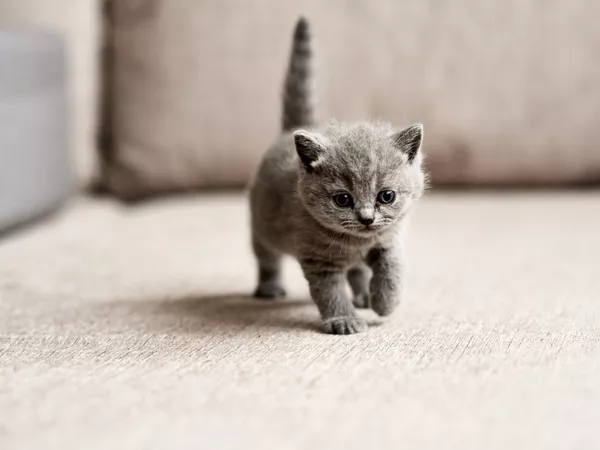Sulcata tortoises, also known as African spurred tortoises, are captivating reptiles renowned for their large size and endearing personalities. As aspiring tortoise keepers, it is important to comprehend the sleeping patterns of these magnificent creatures. In this article, we will delve into the sleeping habits of sulcata tortoises, exploring the factors that influence their sleep, the duration of their slumber, and essential considerations for ensuring their well-being.
Understanding Sulcata Tortoise Sleep:
- Diurnal Nature:
Sulcata tortoises are diurnal creatures, meaning they are primarily active during the day and tend to rest at night. They have adapted to the natural light-dark cycles in their native habitats, where they bask in the sunlight to absorb essential UVB rays. As diurnal animals, they exhibit a pattern of activity during the day and periods of rest during the night.
- Temperature and Weather:
The ambient temperature and weather conditions greatly influence the activity levels and sleep patterns of sulcata tortoises. In their natural habitat, they are accustomed to the warmth of the African savannah. Cooler temperatures or adverse weather conditions may cause them to become less active and seek shelter or burrow into the ground to regulate their body temperature and conserve energy.
- Hibernation:
Sulcata tortoises are not true hibernators but may undergo a period of reduced activity during cooler months. In regions with colder climates, owners may observe a decrease in their tortoise’s activity levels during the winter season. However, it’s important to note that sulcata tortoises are more likely to experience aestivation, a dormant state triggered by high temperatures and arid conditions, rather than true hibernation.
Sleep Duration and Patterns:
Sulcata tortoises exhibit unique sleep patterns that differ from those of mammals or birds. Instead of sleeping for long uninterrupted periods, they engage in frequent short naps throughout the day. These naps, also known as “power naps,” enable them to rest and conserve energy while remaining alert to their surroundings.
While the sleep duration can vary depending on several factors, including age, health, and environmental conditions, sulcata tortoises typically sleep for a few minutes to a few hours at a time. They may find a comfortable spot in their enclosure or dig shallow burrows in which to rest. It is common for them to awaken, roam, eat, and then return to sleep intermittently throughout the day.
Factors Affecting Sleep Patterns:
- Environmental Conditions:
Creating an environment that mimics the natural conditions of their native habitat is crucial for promoting healthy sleep patterns in sulcata tortoises. Providing a spacious enclosure with access to UVB lighting, proper heating, and humidity levels helps maintain their well-being and supports normal sleep-wake cycles.
- Diet and Nutrition:
A well-balanced diet is vital for the overall health of sulcata tortoises, including their sleep patterns. Ensuring they receive a varied diet of fibrous greens, vegetables, and occasional fruits helps provide the necessary nutrients for their metabolism and promotes good health. Avoiding an excess of high-protein or high-fat foods is essential, as it can lead to weight gain and potential health issues that may disrupt their sleep patterns.
- Stress and Enclosure Design:
A calm and stress-free environment is essential for healthy sleep in sulcata tortoises. Avoiding loud noises, sudden movements, and stressful situations helps create a tranquil space where they can rest comfortably. Additionally, providing hiding spots, proper substrate, and appropriate enclosure furnishings allows them to feel secure and promotes restful sleep.
Conclusion:
Understanding the sleep patterns of sulcata tortoises is crucial for providing them with the care and environment they need to thrive. As diurnal reptiles, they engage in short periods of sleep throughout the day, adapting to their natural environment and responding to temperature, weather, and light cycles. By creating a suitable habitat, providing a balanced diet, and minimizing stressors, we can ensure that our sulcata tortoises enjoy restful slumber, supporting their overall health and well-being.
Recommended reading:


























